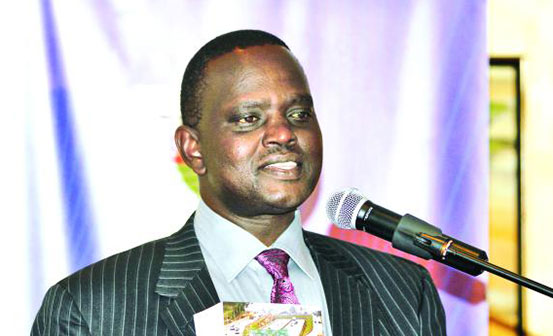×
The Standard e-Paper
Join Thousands Daily

On Thursday July 14 1988, Kacheliba MP Samuel Losuron Poghisio walked briskly into Parliament Chambers and contributed to debate on the floor of the House.
Shortly afterwards at Parliament’s restaurant, he walked into whispers from colleagues to the effect that “things are bad”.